Transcranial Magnetic Stimulation (TMS) Therapy
Transcranial magnetic stimulation (TMS) is a noninvasive procedure that uses magnetic fields to stimulate nerve cells in the brain to improve symptoms of depression. TMS is typically used when other depression treatments haven't been effective.
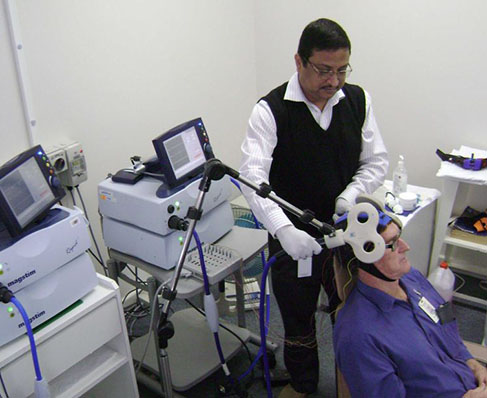
HOW IT WORKS
Repetitive transcranial magnetic stimulation (rTMS) Repetitive transcranial magnetic stimulation (rTMS) During a TMS session, an electromagnetic coil is placed against your scalp near your forehead. The electromagnet painlessly delivers a magnetic pulse that stimulates nerve cells in the region of your brain involved in mood control and depression. And it may activate regions of the brain that have decreased activity in people with depression. Though the biology of why rTMS works isn't completely understood, the stimulation appears to affect how this part of the brain is working, which in turn seems to ease depression symptoms and improve mood. Treatment for depression involves delivering repetitive magnetic pulses, so it's called repetitive TMS or rTMS.
Result
If repetitive transcranial magnetic stimulation (rTMS) works for you, your depression symptoms may improve or go away completely. Symptom relief may take a few weeks of treatment.
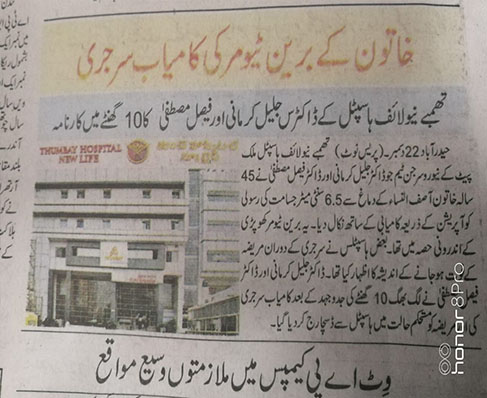
.png)



.png)
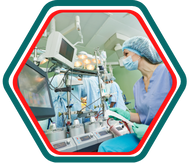
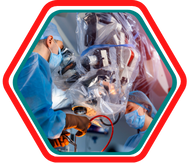
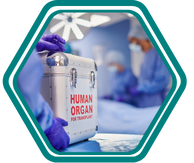
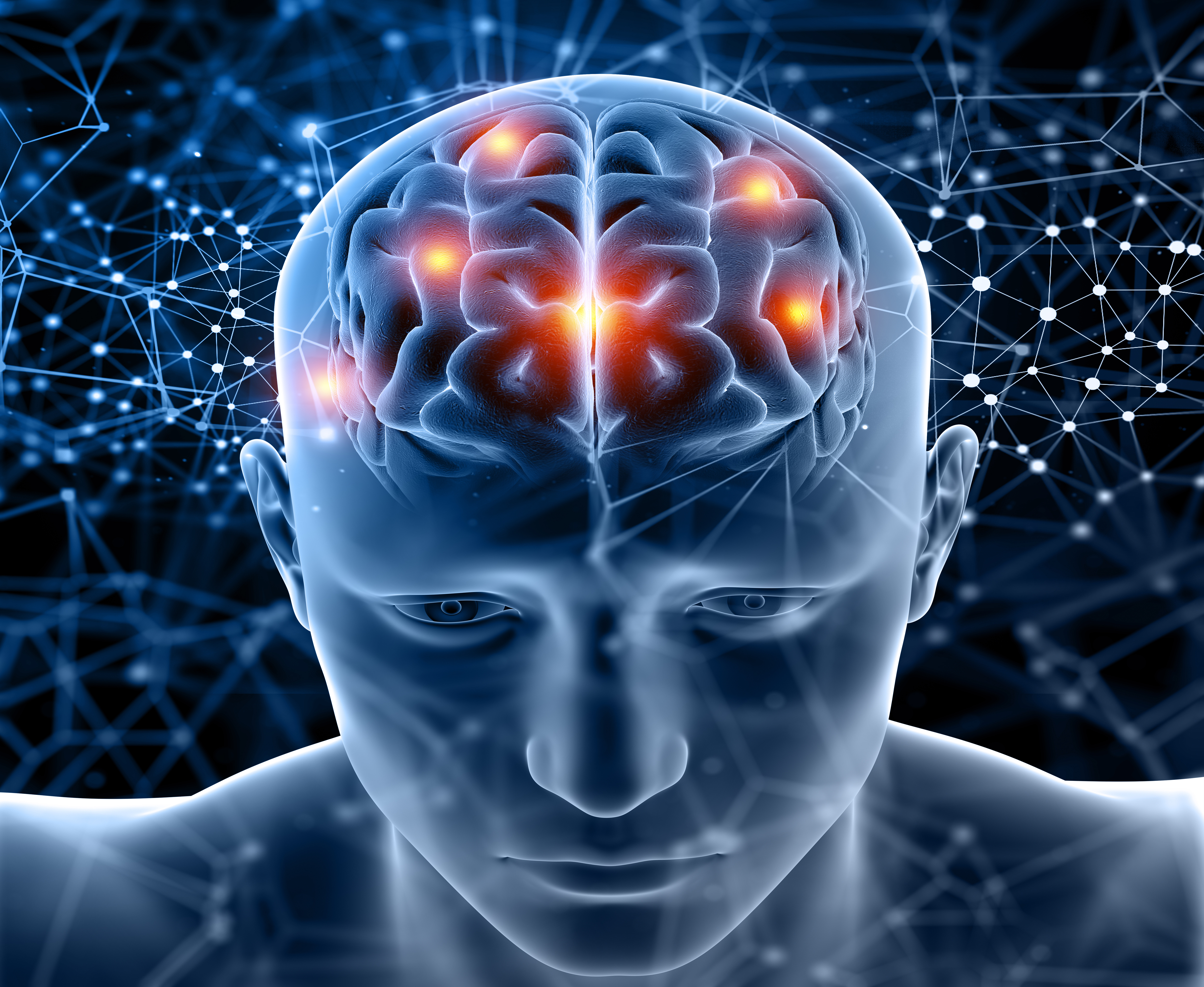
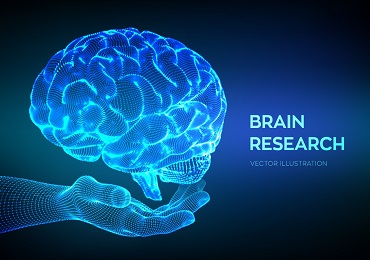

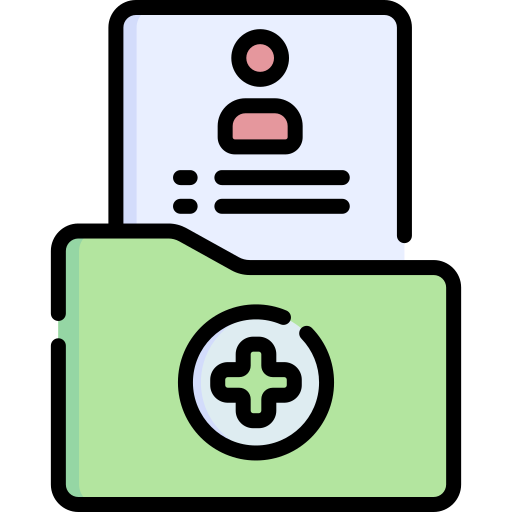
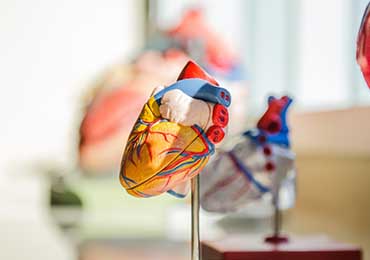
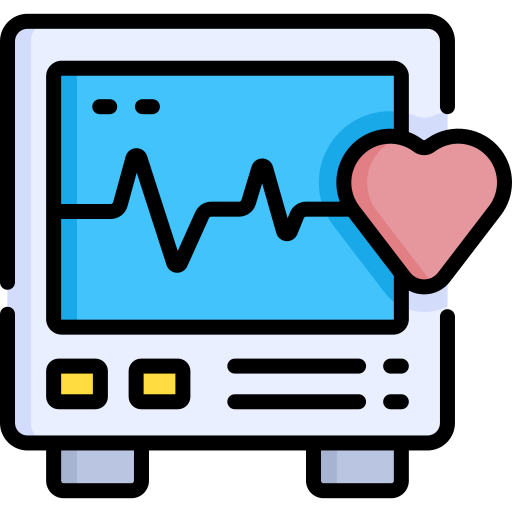
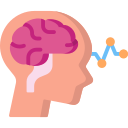
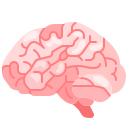

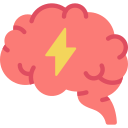
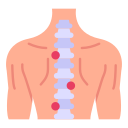



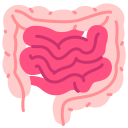


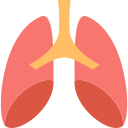
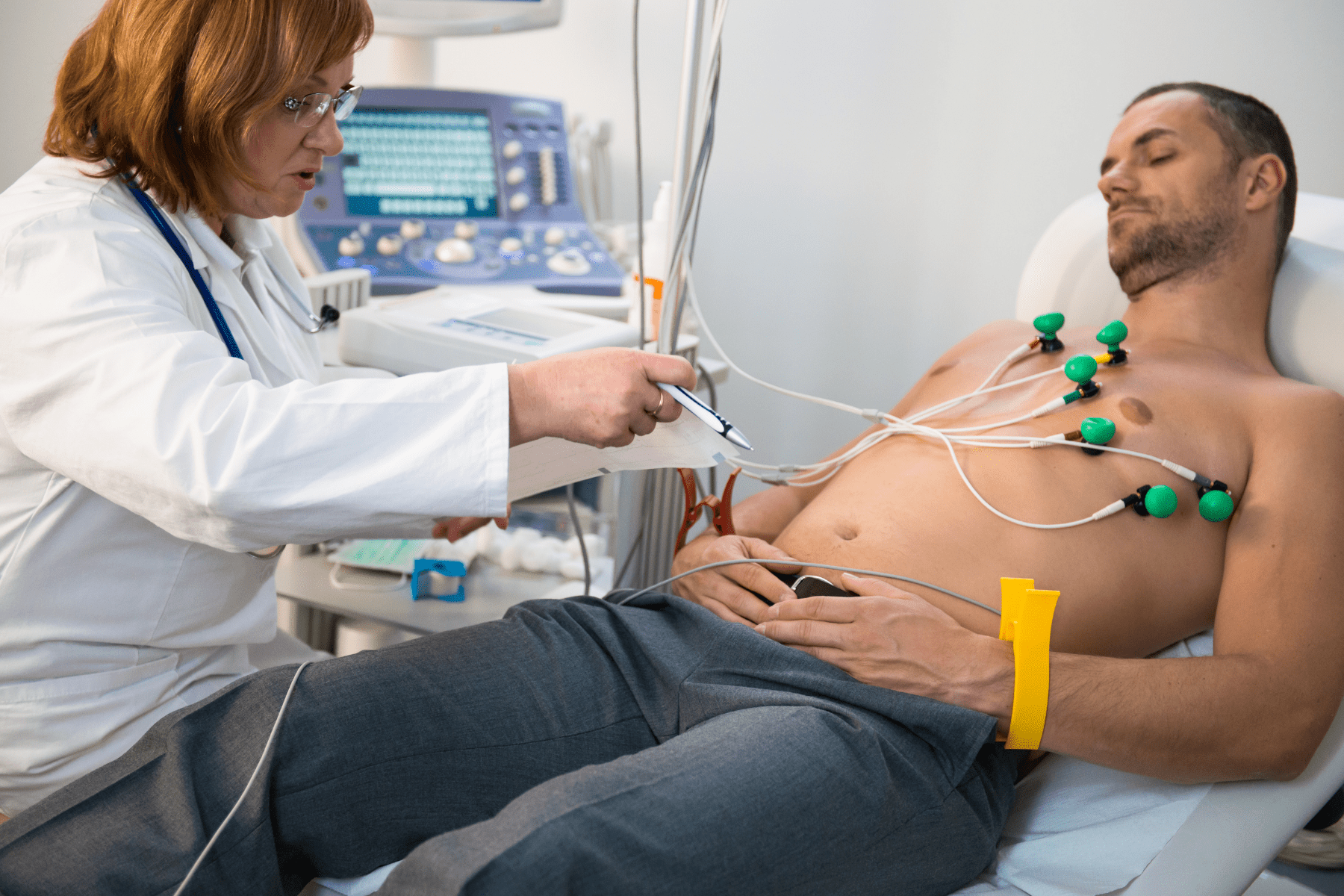
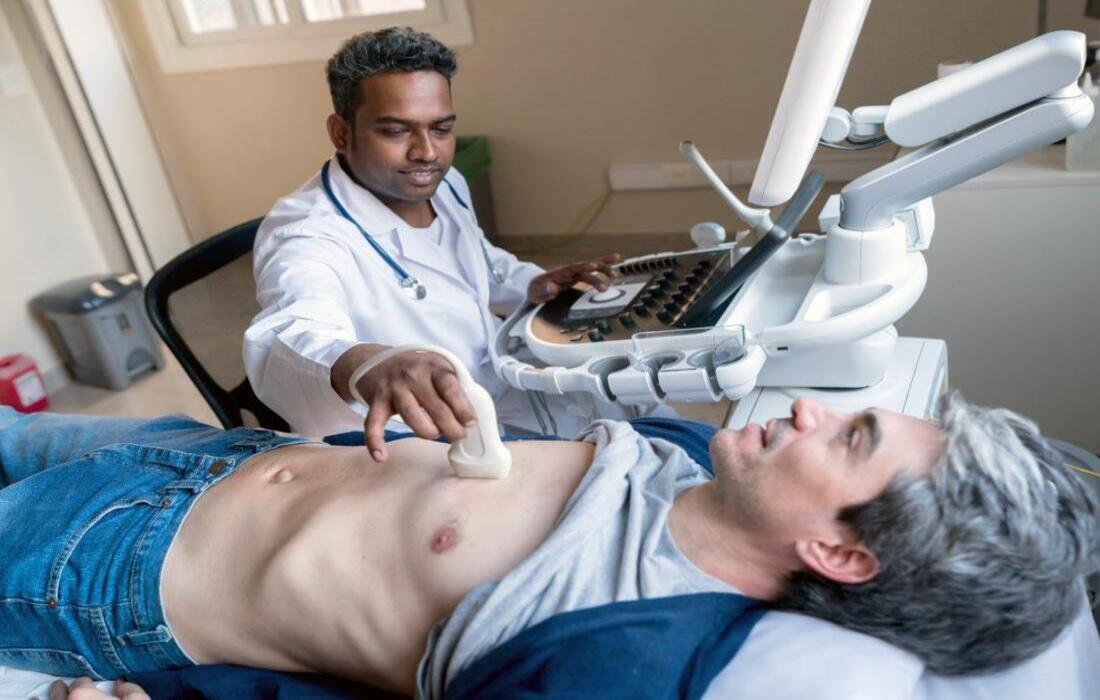
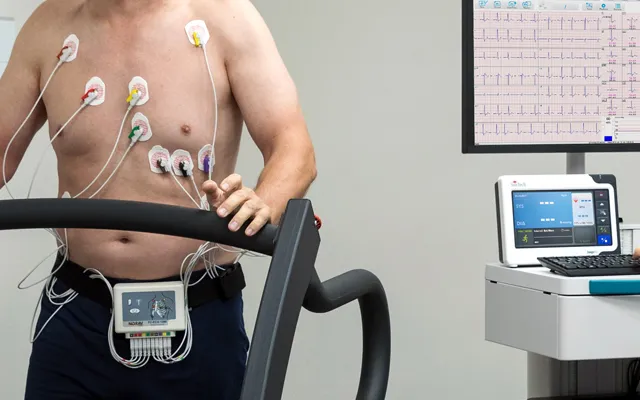
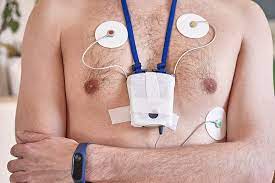

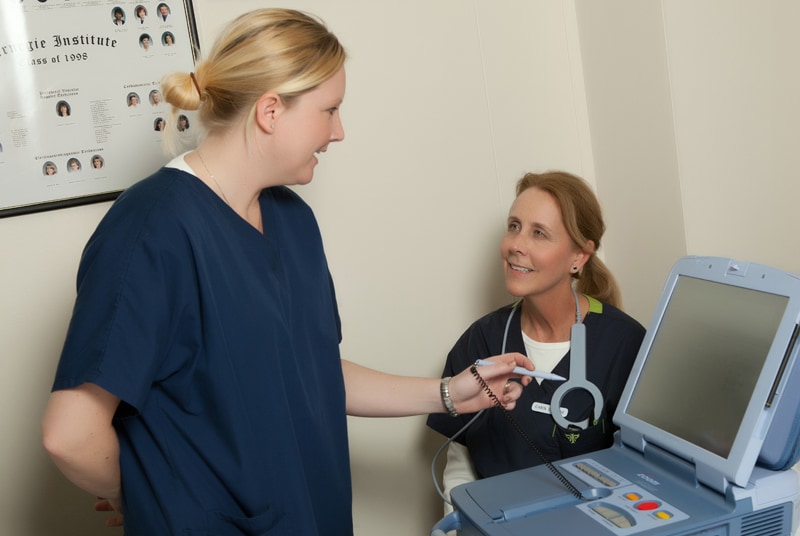






 Sri Lakxmi
Sri Lakxmi